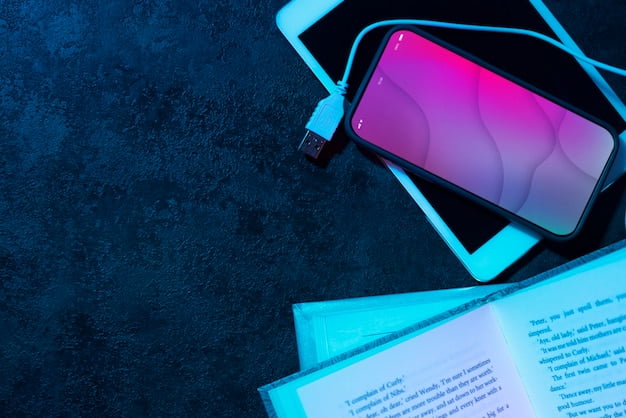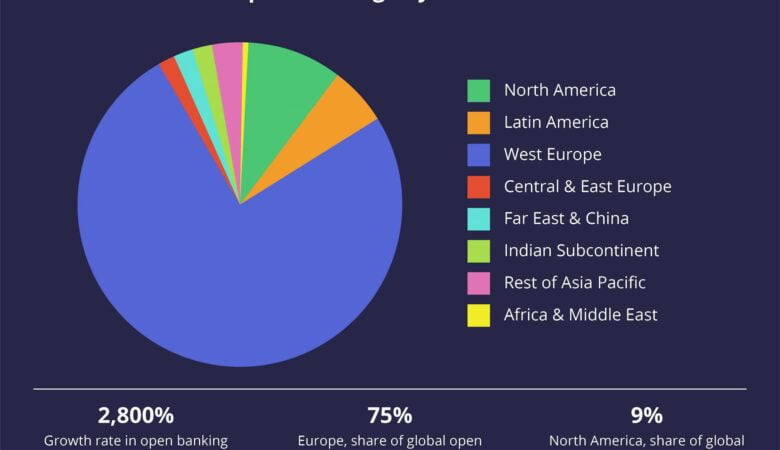
Facebook’s Free Basics campaign is a unique moment in the public debate on net neutrality in India. It has seen the company respond directly to its critics in the form of a counter campaign to “save” Free Basics (known earlier as internet.org) from regulatory scrutiny. Or even a complete ban. This well-funded, expansive counter campaign tells its own story.
Free Basics will provide some access – a limited set of what the web has to offer – to those who currently have none. Reinforced by the imagery of shrinking distances and expanding horizons, the hero here is “connectivity”. Connectivity is posited as having intrinsic and unassailable value. Mark Zuckerberg tries to tell us why: it’s personal – “Get closer to people we care about”. It’s even economic, and political – “Get access to new opportunities and ideas”.
This narrative posits Free Basics as a new form of connectivity. It rides on the attributes of what we now know of the internet and its ability to impact lives. But in its simplicity, it seems to gloss over a crucial question – will the limited nature of what’s on offer affect its transformatory potential? And what, if anything, do we lose?
In the summer of 2015, as part of my MSc dissertation at the Oxford Internet Institute, I decided to look at how newer, low-income users were responding to mobile internet, and in particular, to data plans that provide restricted access – like WhatsApp and Facebook plans. I spoke with marketing executives from telecom companies to ask how users were responding to these “packs”. I also interviewed twenty low-income users between the ages of 18 and 35, who had no access to Wi-Fi, and had only recently started using the internet via mobile phones. Many expressed a strong preference for unrestricted all-access internet plans, even when limited plans were more affordable.
For some, it was the idea of an “emergency” which made all-access plans valuable:
Participant B: “But what if there’s an emergency?”
An emergency? Like what? You say you only use WhatsApp and Facebook
Participant B: “Yes, mostly. But maybe once or twice a month, I need some information which only Google can give me… like the other day my sister needed to know results to her entrance exams.”
For others, it was the ability to watch or download songs and videos for free, which had drawn them to the internet in the first place. Perhaps I am privileged to have access to fast and unrestricted connectivity, but I was surprised at the perseverance:
“The mobile data speeds in my neighbourhood are usually terrible but post midnight they get much better. I usually put alarms for every two hours, through the night, to make sure the download is happening
Recharge shop retailers explained that skill building was quick among the young, especially when it came to finding “free ka maal”, free stuff. Whether it was watching videos online, downloading music and films, or using online shopping applications to get free coupons, the word would spread quickly. The ability to “explore” was a recurring theme.
Other users found the internet to be characterized by unexpected finds. One participant, recently migrated from his village in rural Uttar Pradesh, had heard that Google maps could locate any place.
“But my village wasn’t on it. I asked a friend and he said that you can put your village on the map but I don’t know how. I will learn how to do this”.
This seems exactly the kind of “crowd-sourced product improvement” that companies like Google Maps want to tap into. Low-income users benefit from access to more tools, but the internet also gains from their ability to express themselves and contribute locally relevant content.
What I learnt from my interviews was that the next generation of internet users are mostly young, and curious about the ability of the internet to materially benefit their lives. Limited access curtailed this ability. Some also expressed fear of being unexpectedly charged for leaving the “free zone”, by, for example, clicking on links on Facebook. They felt more comfortable with the standard flat-fee data plans.
My findings were recently quoted in net-neutrality advocacy material to argue that the public interest in the access offered by Free Basics may be overstated. Facebook responded: “If people love the open web as you suggest, then Free Basics helps them get there”. They offer “global” statistics that 50% of users go to full internet access within thirty days.
Maybe it is true that a strong preference for the open internet will lead to a natural progression from Free Basics to the open internet. Or even rejection of Free Basics altogether. (We still don’t know that this is true in India.) But one thing is certain; research on how users find value in the internet helps us see beyond a simplistic narrative that pits neutrality against access. It compels us to recognize that net-neutrality can contribute to making access more meaningful. The idea of the “open internet” may then move away from being the throwaway phrase for a fuzzy idealism that many accuse it of, to become something that is of significant value to users and the internet ecosystem.
[“source-business-standard”]


